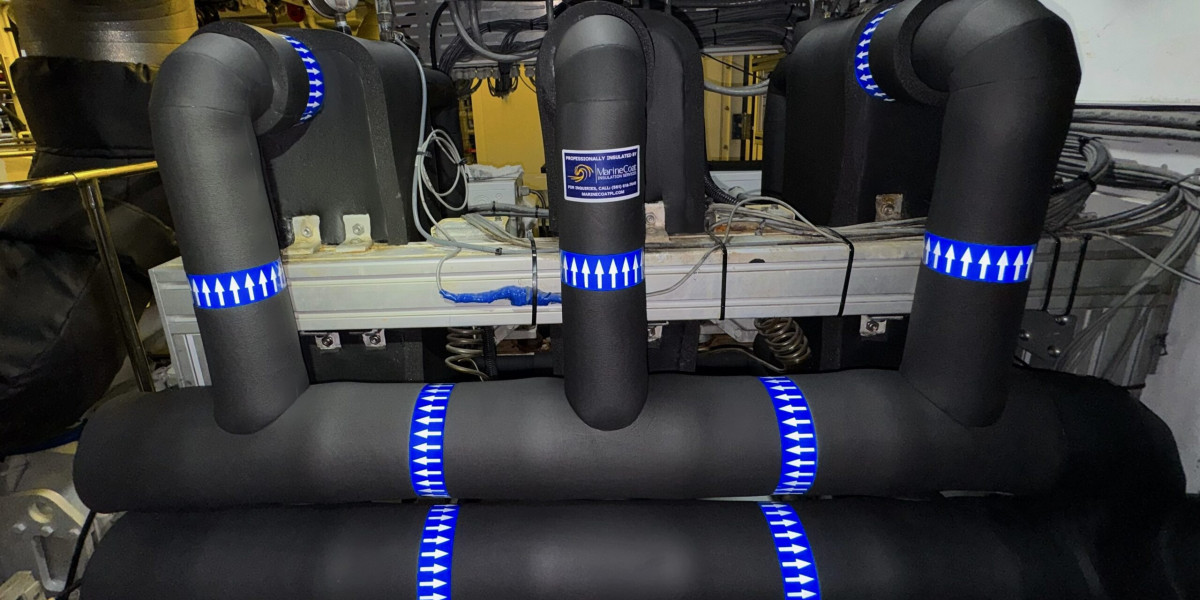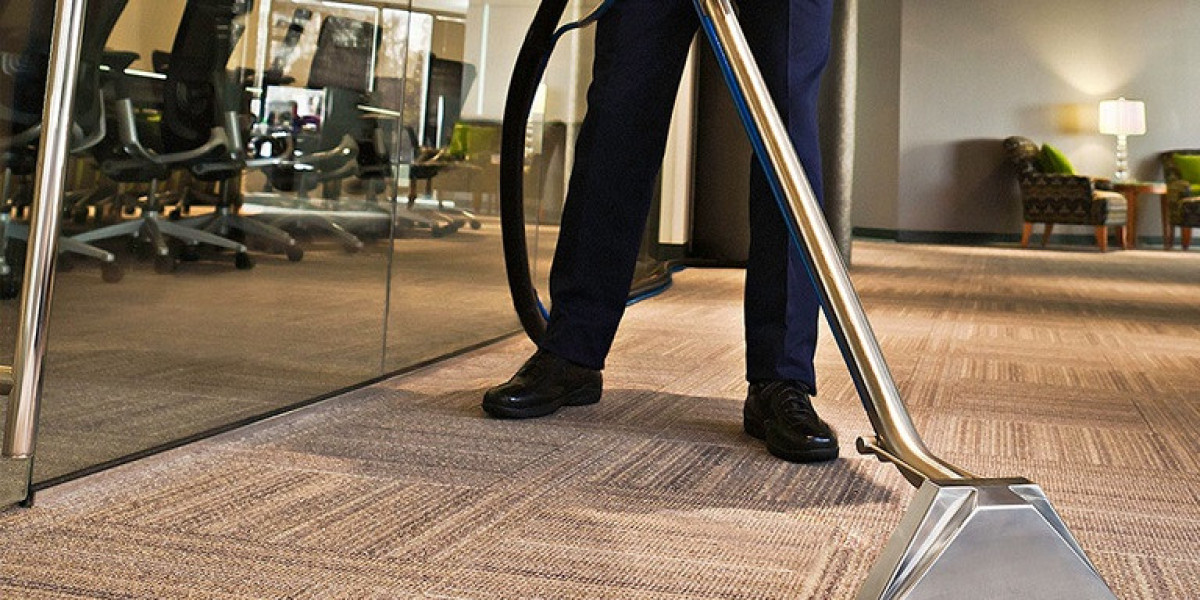When you think of boating, the first things that come to mind might be the calming sounds of water lapping against the hull, the wind in your hair, and the joy of being on the open water. However, there's another side to the experience that many boaters may not immediately consider: the impact of noise on their hearing health. Marine soundproofing is a critical element of boat design that plays a crucial role in protecting your ears and improving your overall boating experience. In this article, we will explore the importance of marine noise insulation, its benefits, and how it can improve your comfort and safety while boating.
Understanding Marine Noise Insulation
Marine noise insulation, often referred to as marine soundproofing, involves the installation of materials designed to reduce unwanted noise on a boat. Whether you’re cruising along the coastline, navigating through busy harbors, or simply relaxing on the water, your boat is constantly exposed to various noise sources. From the roar of the engine to the vibrations of the hull and even external sounds from the surrounding environment, the noise level inside a boat can reach harmful levels over time.
Marine soundproofing serves as a barrier between these noises and your ears, helping to create a quieter and more peaceful environment onboard. Not only does this improve your boating experience, but it also protects your hearing from long-term damage.
The Harmful Effects of Boat Noise on Your Hearing
Excessive noise exposure can have serious consequences on your hearing health. In fact, studies show that exposure to high-decibel levels over extended periods can lead to permanent hearing loss. Many boaters are unaware of how loud their boats can get, especially when the engine is running at high RPMs, and the surrounding water does little to dampen the sound.
The National Institute on Deafness and Other Communication Disorders (NIDCD) notes that sounds above 85 decibels can cause hearing damage if you are exposed to them for prolonged periods. Most boats, particularly powerboats, produce noise levels well above this threshold, with some reaching up to 100 decibels or more. This is comparable to the noise level of a chainsaw or a jackhammer.
Without proper marine soundproofing, boaters are at risk of experiencing tinnitus (ringing in the ears) or more severe forms of hearing loss. Additionally, chronic exposure to high noise levels can cause fatigue, stress, and difficulty concentrating, which can affect a boater’s safety and enjoyment.
Benefits of Marine Soundproofing
1. Improved Hearing Protection
One of the primary reasons for investing in marine noise insulation is to protect your ears. As mentioned earlier, boats can produce harmful sound levels, and marine soundproofing materials help to absorb and deflect these sounds. Whether you’re cruising at high speed or idling in the harbor, the right insulation reduces the overall noise inside the cabin, lowering the risk of hearing damage over time.
2. Enhanced Comfort Onboard
Marine soundproofing doesn’t just protect your ears; it also enhances the overall comfort of your boat. Noise can quickly become exhausting, especially during long trips. Without adequate soundproofing, the constant hum of the engine, the vibrations through the hull, and external environmental noises can create an unpleasant atmosphere. Installing marine noise insulation helps create a more relaxing and enjoyable environment, allowing you to converse, listen to music, or simply enjoy the serenity of the water without distractions.
3. Reduced Vibration and Engine Noise
Boats, particularly those with larger engines, often experience vibrations and mechanical sounds that can travel through the hull and affect the interior. These vibrations not only contribute to noise but can also be physically uncomfortable. Marine soundproofing helps to absorb and dampen these vibrations, reducing engine noise and making the boat quieter overall. This is especially important for people who enjoy longer trips or those with hearing sensitivities.
4. Increased Resale Value
Boats with proper marine soundproofing tend to have a higher resale value due to the added comfort and appeal they provide. Potential buyers are more likely to be attracted to boats that are quieter and more comfortable, making soundproofing a worthwhile investment. If you plan to sell your boat in the future, you’ll find that soundproofing could help you command a higher price.
How Marine Soundproofing Works
Marine soundproofing involves the use of specialized materials that absorb, block, or deflect sound. These materials are designed to cope with the unique conditions found on boats, including exposure to water, humidity, and temperature fluctuations. Some common types of marine noise insulation materials include:
1. Foam Insulation
Foam is one of the most commonly used materials for soundproofing in marine applications. It is lightweight, durable, and effective at reducing noise transmission. Closed-cell foam is particularly useful for absorbing sound waves and vibrations. It’s often used in engine rooms and hulls where noise is most prominent.
2. Sound-Absorbing Panels
Sound-absorbing panels are typically made of dense materials like fiberglass or mineral wool. These panels can be installed in key areas of the boat to reduce echo and reverberation, which helps create a more pleasant sound environment.
3. Vibration Dampening Materials
Vibration dampeners are materials specifically designed to absorb the vibrations that occur during engine operation. These materials are often applied to the boat's engine mounts or the hull to reduce the transmission of vibrations, which in turn reduces noise.
4. Acoustic Mats
Acoustic mats are flexible and effective in reducing noise in engine rooms, machinery spaces, and other high-noise areas. These mats are often made from rubber or specialized composites that help to absorb sound waves and vibrations.
How to Implement Marine Soundproofing on Your Boat
Implementing marine soundproofing on your boat doesn’t have to be complicated. Many boat owners choose to install soundproofing materials themselves, but professionals can also perform the installation for more complex projects. If you’re looking to soundproof your boat, consider the following steps:
Identify noise hotspots: Focus on areas where noise and vibrations are most prevalent, such as the engine room, hull, and cabin.
Choose the right materials: Select materials that are suited for marine environments, such as marine-grade foam, acoustic panels, and vibration dampening mats.
Proper installation: Ensure that the materials are installed correctly to maximize their effectiveness in reducing noise and vibrations.
Maintain regularly: Like any other part of your boat, the soundproofing materials should be inspected and maintained to ensure they continue to perform well over time.
Conclusion
Marine soundproofing is an often overlooked but essential aspect of boating that can significantly improve your overall experience on the water. By investing in marine noise insulation, you not only protect your ears from harmful sounds but also enhance the comfort and longevity of your boat. From reducing engine noise to creating a more peaceful environment onboard, the benefits of soundproofing are clear. Whether you are a seasoned boater or a newcomer, it's worth considering the impact of noise on your hearing health and how marine soundproofing can provide a safer, more enjoyable boating experience.








